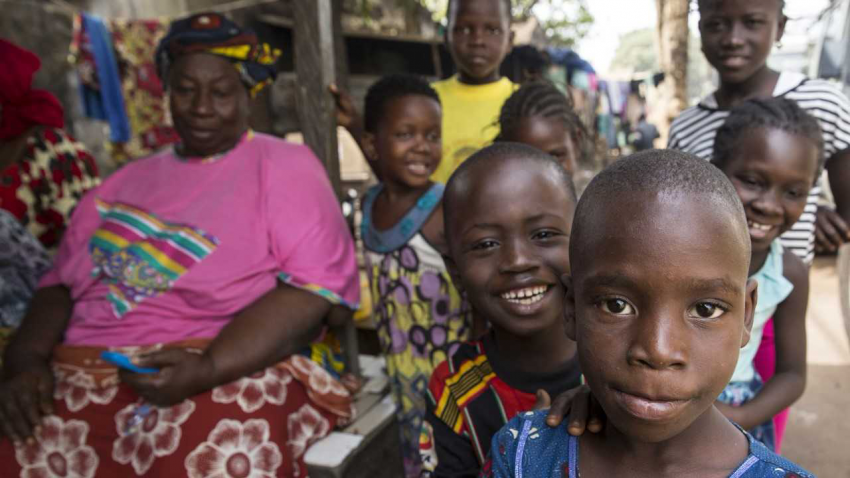Eradicating poverty in all its forms and dimensions, including extreme poverty, is the greatest global challenge and an indispensable requirement for sustainable development. The 2030 Agenda for Sustainable Development resolves to free the human race from the tyranny of poverty and to heal and secure our planet. The upcoming 56th session of the Commission for Social Development will discuss strategies to achieve that overarching Global Goal by 2030.
“The Commission for Social Development represents an excellent opportunity for key stakeholders to engage in a substantive dialogue on policy options to eradicate poverty to achieve sustainable development for all,” said Nikulás Hannigan, Chair of the Commission’s 56th Session.
“The Commission, as a multi-stakeholder platform, will facilitate the exchange of policies and strategies that have proven to be effective in reducing poverty, including through ensuring policy coherence and enhanced coordination across sectors in line with the 2030 Agenda and the Sustainable Development Goals (SDGs).”
This year’s Commission will feature four high-level panel discussions on: strategies for eradicating poverty; innovation and interconnectivity for social development; the Madrid Plan of Action on Ageing and mainstreaming of disability in the implementation of the 2030 Agenda.
“Delegations are encouraged to come prepared to interact, propose new and innovative ideas, and share their experiences,” said Mr. Hannigan. To prepare civil society participants for the Commission, the NGO Committee on Social Development will host a Civil Society Forum on 2 February 2018, under the theme of “Social Protection, Including Floors”.
The Commission will also see over 50 side events, organized by organizations accredited to the UN Economic and Social Council and by UN Permanent Missions with the support of UN DESA’s Division for Social Policy and Development (DSPD). The variety of topics covered by these events reflects the multi-dimensional, complex nature of poverty. The subjects will include everything from social responsibility, social enterprises, families, digital skills for older persons, farmers of the future to the role of sport as a catalyst for sustainable development.
Ending poverty in all its forms, including extreme poverty, will require structural transformation, creating adequate and decent jobs, ensuring food security and nutrition, securing peace and forging stronger partnerships.
This year, the Commission aims to ensure that the international community develops coherent and integrated strategies for promoting social inclusion, full participation, progressive realization of universal social protection and health coverage for all, in particular for people living in poverty and other vulnerable groups.
About UN DESA
UN DESA Products
UN DESA Divisions
- Office of Intergovernmental Support and Coordination for Sustainable Development
- Division for Sustainable Development Goals
- Population Division
- Division for Public Institutions and Digital Government
- Financing for Sustainable Development Office
- Division for Inclusive Social Development
- Statistics Division
- Economic Analysis and Policy Division
- United Nations Forum on Forests
- Capacity Development Programme Management Office

